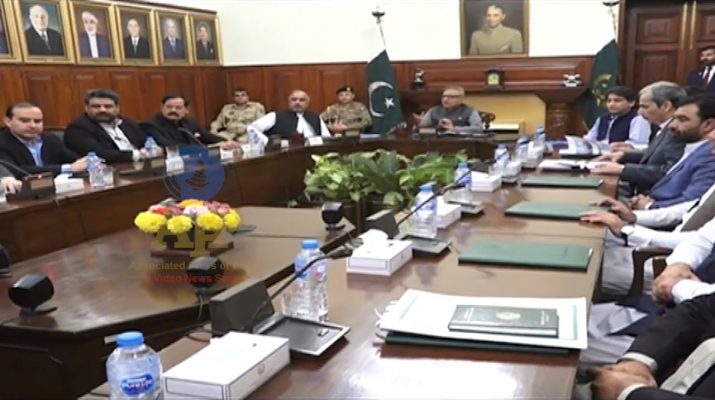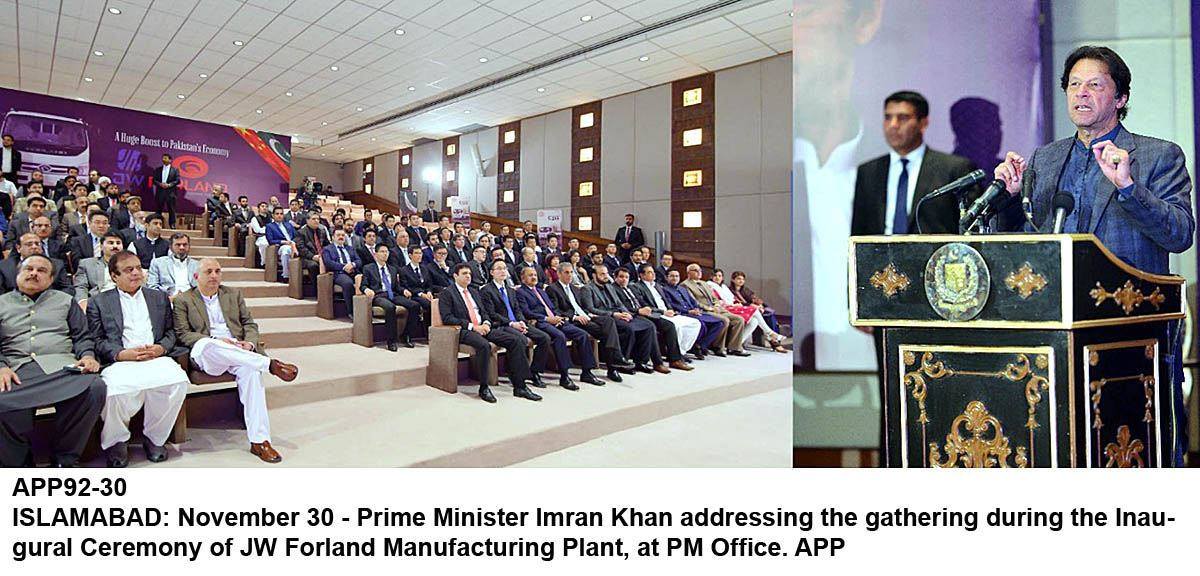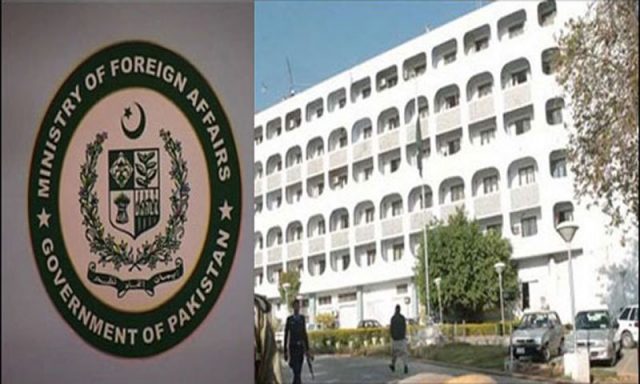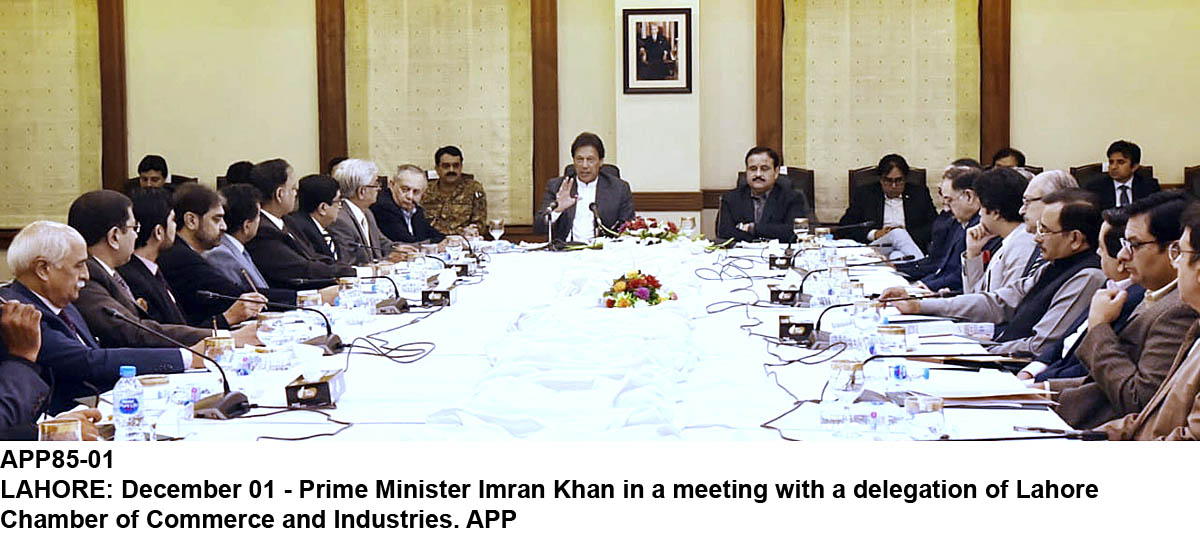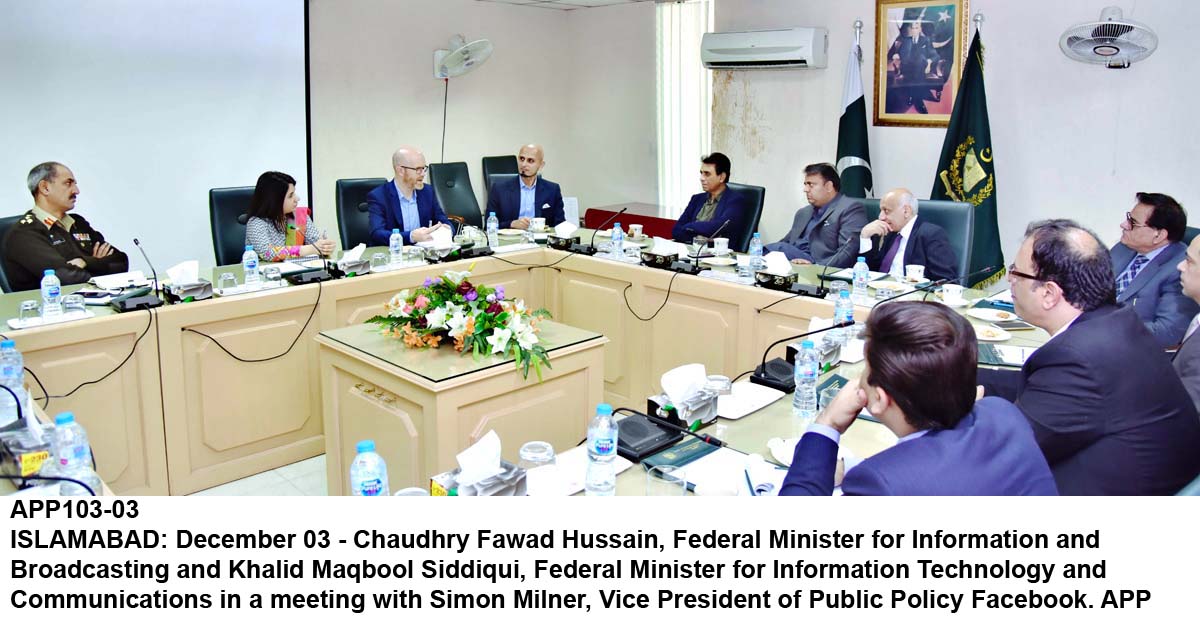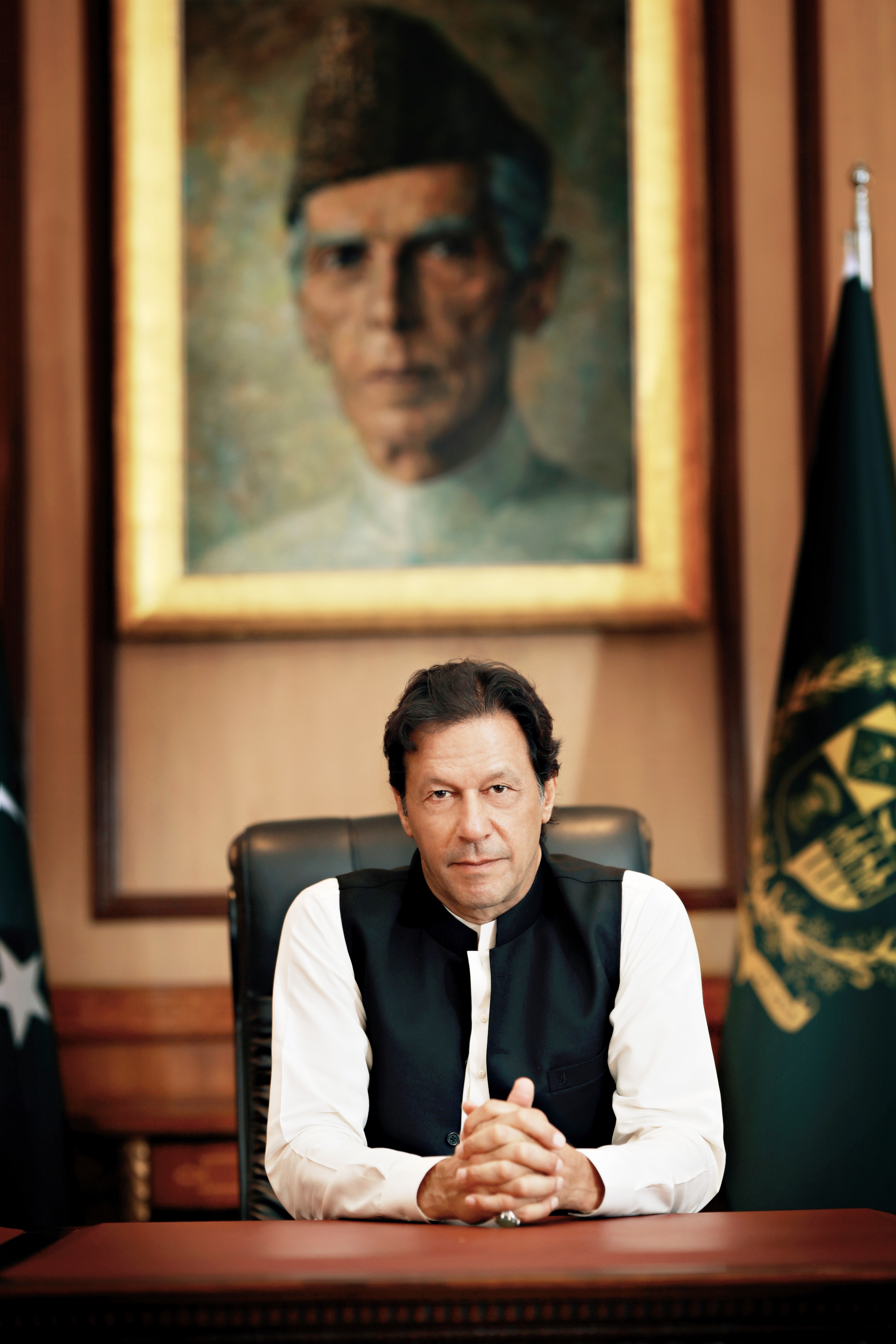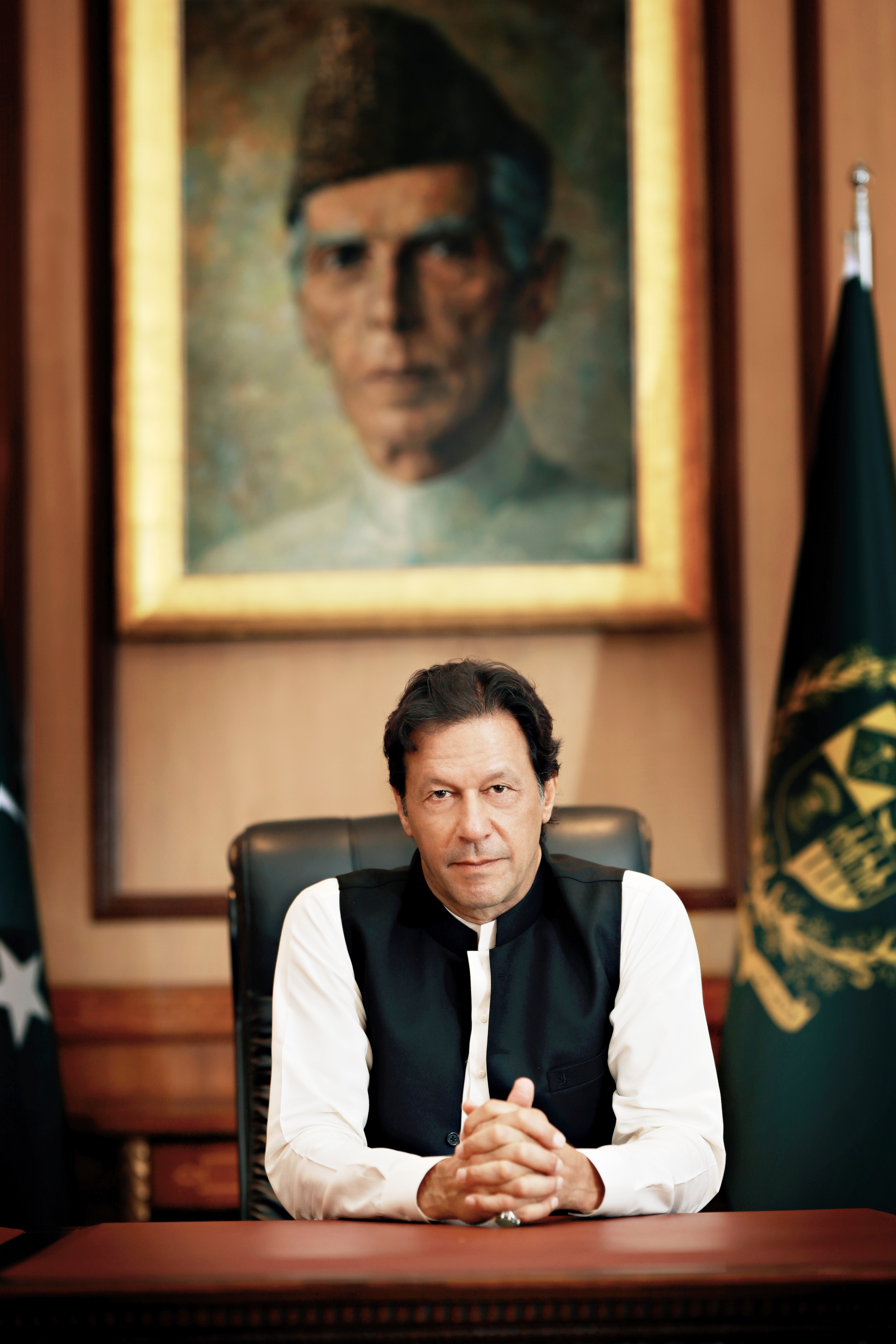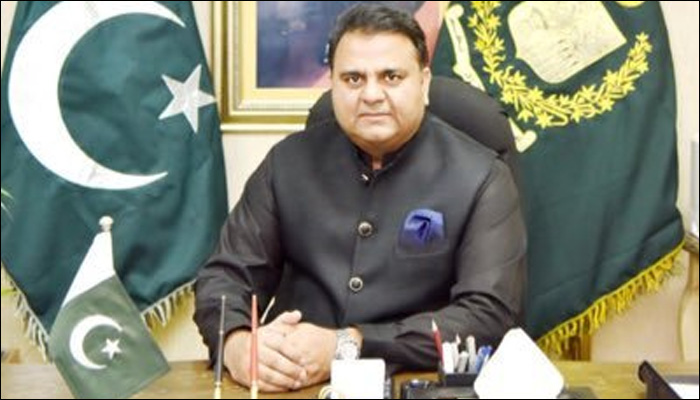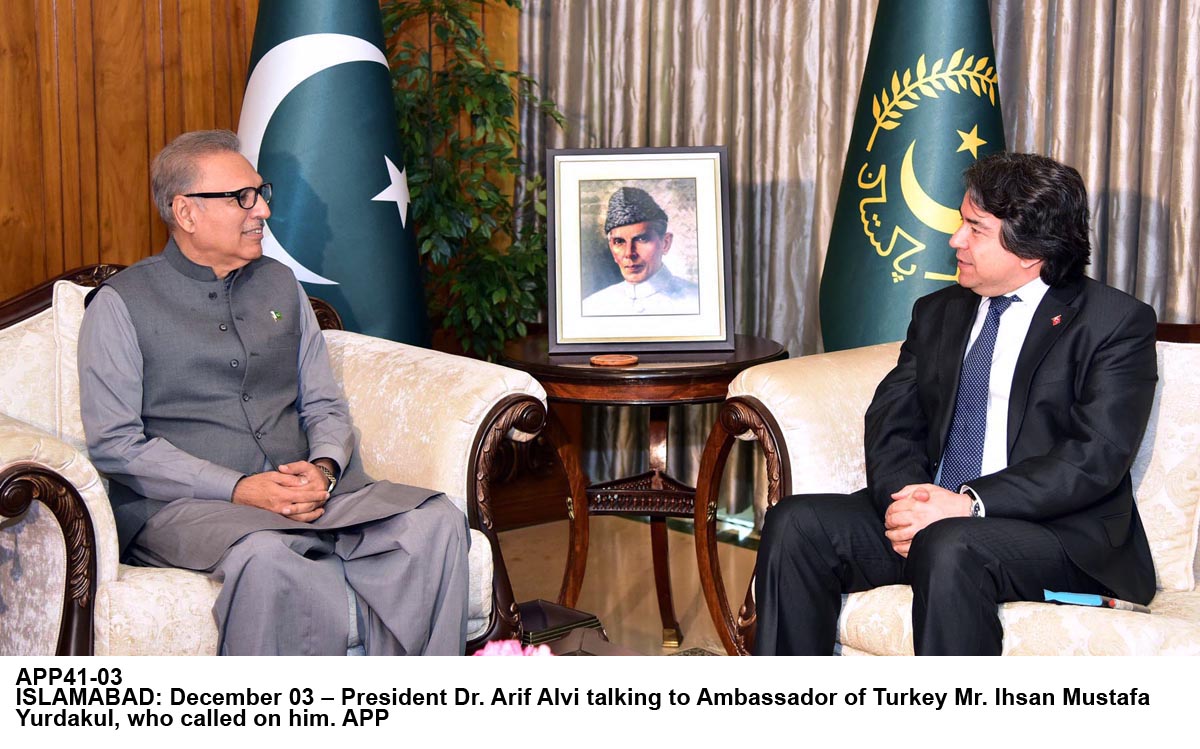
The State Department has approved a foreign military sale to India of 10 AGM-84L Harpoon Block II air launched missiles and related equipment.
“The sale of such missile systems, along with technical assistance and logistic support at the time when there is a global effort to fight the pandemic is particularly disturbing. Pakistan has articulated its concerns regarding the sale of sophisticated weapons to India which will further destabilize the region,” Foreign Office Spokesperson Aisha Farooqui said. “Pakistan has alerted the international community many times about India’s aggressive designs not only towards Pakistan but also towards other neighbouring countries in South Asia,” she told a weekly press briefing. She said the US-India deal will ‘destabilise the already volatile situation in South Asia’, adding that there is a high possibility of India conducting a false flag operation while global efforts are directed towards combating the pandemic.
When asked about Indian allegations that the Pakistan Maritime Security Agency (PMSA) targeted Indian fishermen on board fishing boats on Sunday, Farooqui said Pakistan as a matter of policy does not target civilians or fishermen and abides by all bilateral understandings and international conventions.
“The relevant authorities are looking into the baseless Indian allegations,” she said. The spokesperson also rejected a statement by the United States Commission on International Religious Freedom (USCIRF) showing concerns for alleged denial of food aid to Pakistani Hindus and Christians amid the Covid-19 lockdown situation in Pakistan. “The statement issued by the US Commission on International Religious Freedom (USCIRF) on April 13 claiming denial of food aid to minorities is not based on facts and seems to have relied on inaccurate sources,” she said, adding that government of Pakistan is protecting all of its citizens without any discrimination as all citizens regardless of their faith are equal for the government.
When asked about ceasefire violations carried out by India since 2017, she said India has committed a total of 7,766 violations during the past four years.
To a question about Kartarpur border point, she said the border has been closed till April 24 due to Covid-19 pandemic, adding that reopening of the corridor depends on the situation with regards to the global health emergency.
She termed as irresponsible Indian activities on the LoC amid the corona pandemic while responding to the shooting down of an India spy drone. “Pakistan Army has shot down the Indian quadcopter which crossed LoC. Such anti-Pakistan activities of the Indian armed forces are irresponsible. Pakistan will continue to respond to such violations in a befitting manner,” the spokesperson said. “Pakistan has no desire to escalate the situation and we have reacted with maximum restraint. We have continuously urged the international community to take notice of Indian provocations. However, our armed forces remain ready to defend the mother land against any threat,” she said.
To a question about Afghanistan’s refusal to extradite Daesh leader Aslam Farooqi, she said Afghan ambassador to Pakistan was called to the ministry of foreign affairs on April 9 and it was emphasized that Pakistan has been expressing its concerns over the activities of this group which are clearly detrimental to Pakistan. “Pakistan’s position in this regard has been regularly shared with the government of Afghanistan and others concerned. We have underlined that the two sides should coordinate actions against the menace of terrorism, including through established mechanisms,” she said.
She said the dates for the next meeting of the Afghanistan-Pakistan Action Plan for Peace and Solidarity (APAPPS) are being worked out between the two sides.
To another question about stranded Pakistanis in Afghanistan, she said the government is aware of the situation being faced by Pakistani community around the world and is taking all necessary measures to bring them back in an orderly and safe manner.
When asked about US Special Envoy Zalmay Khalilzad’s visit to Pakistan, she said Ambassador Khalilzad and General Austin Scott Miller, Commander Resolute Support Mission in Afghanistan, in a meeting with army chief General Qamar Javed Bajwa discussed matters of mutual interest, overall regional security situation including Afghan refugees issue and Afghan reconciliation process. “The COAS emphasized that amidst Covid-19 outbreak, we should not lose track of hard-earned achievements for Afghan peace process and peace and stability in the region,” she said.


